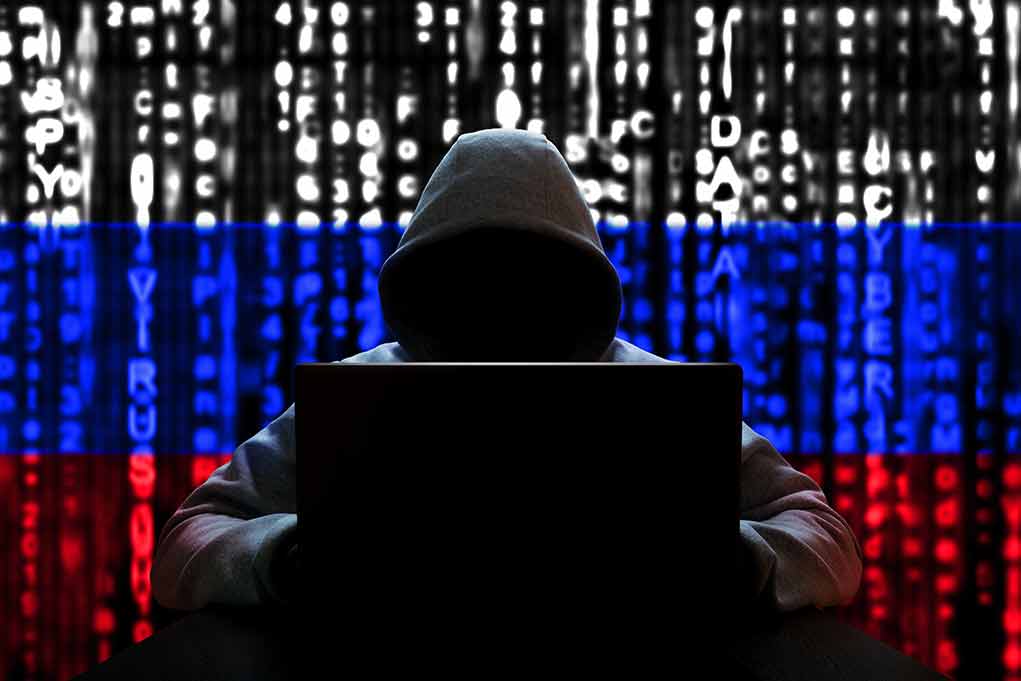
The Washington Post’s journalists covering China and national security were targeted in a sophisticated cyber attack that bears the hallmarks of Chinese state-sponsored hackers, exposing the vulnerability of American media to foreign intelligence operations.
Key Takeaways
- Washington Post journalists covering national security, economic policy, and China had their Microsoft email accounts compromised in June 2025
- The cyberattack is believed to be conducted by a foreign government, with evidence pointing to Chinese state-sponsored hackers
- The breach was discovered on Thursday, June 12, prompting a complete reset of all employee login credentials by Friday, June 13
- Executive Editor Matt Murray confirmed the breach targeted a “limited number” of journalists, suggesting a strategic intelligence-gathering operation
- The attack mirrors previous Chinese APT (Advanced Persistent Threat) group tactics that exploited Microsoft Exchange vulnerabilities
Strategic Targeting of American Journalists
In what appears to be a calculated intelligence operation, the Washington Post has fallen victim to a significant cybersecurity breach targeting journalists covering sensitive topics related to China and national security. The attack, discovered on Thursday, June 12, compromised Microsoft email accounts belonging to reporters covering national security, economic policy, and China-related issues. This strategic targeting suggests a deliberate attempt to monitor American media coverage of topics considered sensitive by foreign intelligence services.
By Friday, June 13, the newspaper had reset login credentials for all employees as part of its immediate response to contain the breach. Executive Editor Matt Murray later confirmed the intrusion in an internal memo sent on Sunday, June 15, noting that a “limited number” of journalists had their accounts compromised. The targeted nature of the attack aligns with established patterns of state-sponsored cyberespionage, particularly those attributed to Chinese intelligence operations in recent years.
Foreign Government Involvement
While the Washington Post has not officially named the perpetrators, multiple sources familiar with the investigation have indicated that a foreign government is believed to be responsible. The Wall Street Journal, citing unnamed sources, reported that the attack bears hallmarks consistent with state-sponsored hacking operations. Cybersecurity experts have noted similarities between this breach and previous campaigns conducted by Chinese Advanced Persistent Threat (APT) groups such as APT27 and Calypso, which have historically exploited vulnerabilities in Microsoft Exchange.
The timing and targeting of this attack raise serious concerns about foreign interference in American journalism, particularly as tensions between the United States and China continue to escalate across multiple fronts. By targeting journalists covering China-related topics, the attackers appear to be seeking intelligence on both the Post’s reporting and potentially the confidential sources providing information to these journalists, representing a direct threat to press freedom and national security.
Damage Mitigation and Response
The Washington Post has initiated a comprehensive forensic investigation in collaboration with external cybersecurity experts to determine the full scope of the breach. One potential mitigating factor is that many Post journalists reportedly use encrypted communication platforms for sensitive interactions with sources, which may have limited the exposure of high-value information. Nevertheless, the compromise of email accounts could still reveal significant intelligence about reporting priorities, internal discussions, and potentially source identities.
“We are working with leading cybersecurity experts to understand the scope of the breach and to enhance our security measures,” Murray stated in his memo to staff, emphasizing that protecting journalistic sources remains a top priority for the organization. Microsoft, whose email systems were compromised in the attack, has yet to issue any public comment regarding the incident or potential vulnerabilities that may have been exploited.
Pattern of Chinese Cyber Operations
This attack follows a concerning pattern of Chinese state-sponsored cyber operations targeting American institutions. In 2023, Chinese APT groups successfully breached 24 global government agencies by exploiting vulnerabilities in Microsoft Exchange servers. Even more concerning, in 2021, multiple Chinese threat actors exploited zero-day flaws in Exchange, demonstrating their sophisticated capabilities and persistent focus on compromising Western information systems.
The targeting of journalists covering China represents a strategic intelligence collection effort aimed at understanding what information American media organizations possess about Chinese activities and policies. By monitoring journalists’ communications, foreign intelligence services can gain insight into unreleased stories, confidential sources, and the overall direction of American media coverage on sensitive topics. This represents a direct challenge to press freedom and highlights the increasingly aggressive nature of foreign intelligence operations against American institutions.
Broader Implications for Media Security
The Washington Post breach underscores the ongoing vulnerability of media organizations to state-sponsored attacks, particularly those with significant geopolitical reporting portfolios. As tensions between the United States and China continue to escalate across multiple domains including trade, technology, and military posturing, American media organizations have become prime targets for intelligence collection operations. This trend represents a concerning development for press freedom and the security of journalistic sources.
The incident also highlights the critical importance of cybersecurity measures for news organizations, including end-to-end encryption for sensitive communications, regular security audits, and comprehensive training for journalists on digital security practices. As state-sponsored cyber operations become increasingly sophisticated, media organizations must adapt their security postures accordingly or risk compromising both their reporting and their sources.
Sources:
Washington Post’s email system hacked, journalists’ accounts compromised – BleepingComputer
Washington Post investigates email breach after cyberattack – Insurance Business Magazine
The Washington Post targeted by cyberattack, email of select journalists hacked – MoneyControl












